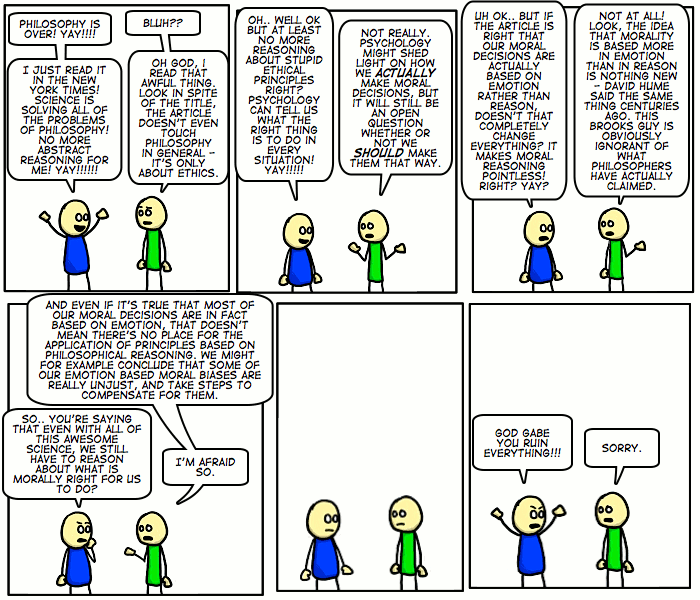I wrote about Senomyx three weeks ago: the world yawned; Children of God for Life wrote about it, and something happened: Campbell Soup has ended its relationship with Senomyx.
Within hours of our press release, Children of God for Life received notice from Campbell Soup that they have severed their ties with Senomyx.
Stated Juli Mandel Sloves, Senior Manager of Nutrition & Wellness Communications at Campbell Soup Company, "We are no longer in partnership with Senomyx. This fact was discussed during the Senomyx conference call with its investors earlier this month."
“Every effort is made to use the finest ingredients and develop the greatest selection of products, all at a great value. With this in mind, it must be said that the trust we have cultivated and developed over the years with our consumers is not worth compromising to cut costs or increase profit margins."
From the CGL press release:
“What they do not tell the public is that [Senomyx] are using HEK 293 – human embryonic kidney cells taken from an electively aborted baby to produce those [taste] receptors,” stated Debi Vinnedge, Executive Director for CGL, the watch dog group that has been monitoring the use of aborted fetal material in medical products and cosmetics for years.
“They could have easily chosen COS (monkey) cells, Chinese Hamster Ovary cells, insect cells or other morally obtained human cells expressing the G protein for taste receptors,” Vinnedge added.
After three letters, Nestlé finally admitted the truth about their relationship with Senomyx, noting the cell line was “well established in scientific research”.
Pepsico wrote: “We hope you are reassured to learn that our collaboration with Senomyx is strictly limited to creating lower-calorie, great-tasting beverages for consumers. This will help us achieve our commitment to reduce added sugar per serving by 25% in key brands in key markets over the next decade and ultimately help people live healthier lives.”
“If enough people voice their outrage and intent to boycott these consumer products, it can be highly effective in convincing Senomyx to change their methods”, Vinnedge noted. “Otherwise, we will be buying Coca-Cola, Lipton soups and Hershey products!”
So you see that we CAN change the way these Big Pharma and Biotechs operate if we speak our consciences.

 A human protein
A human protein 